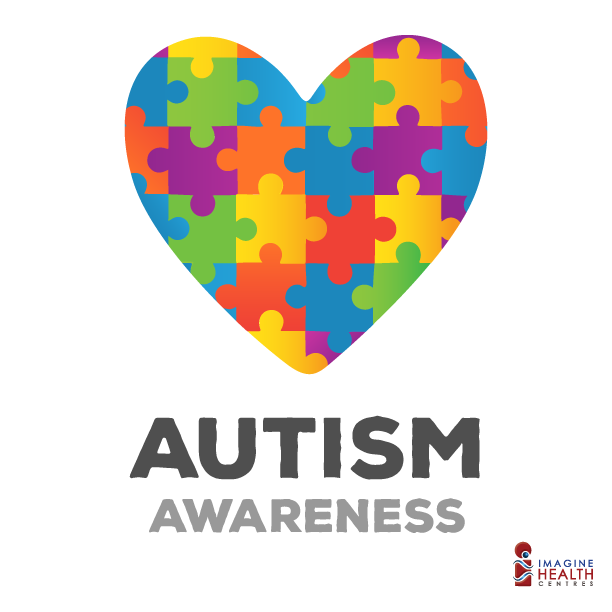Autism Awareness: Know what to look for
Earlier screening and diagnosis results in earlier and, therefore, more effective treatment. Screening tools such as The Modified Checklist for Autism in Toddlers, Revised (M-CHAT-R) highlighted in the Autism Physician Handbook can be used by family doctors and paediatricians who are the first health professionals to see infants and toddlers on a regular basis. The earlier the diagnosis can be confirmed by a specialized diagnostic team, the earlier any necessary effective treatment can begin.
Recognizing the early signs of autism can lead to optimal outcomes. Know what to look for.
Early Signs of Autism (12 to 24 Months) – child may demonstrate only a few of these symptoms
- Often begins to develop language then loses it, or doesn’t acquire language at all
- May appear deaf, respond unevenly or not at all to sounds
- Difficulty consoling during transitions (tantrums)
- Difficulty sleeping/wakes at night
- Does not “point and look”
- Failure to bond (e.g. child is indifferent to parents’ presence)
- Self-restricted/selected diet
- Limited imaginative play
- Not interested in playing with other children
- Chronic gastrointestinal problems
- Repeated infections
Unfortunately, many paediatricians and other physicians are not experienced in diagnosing Autism Spectrum Disorder (ASD). Don’t accept your doctor’s advice if he/she proposes a “wait and see” approach or promises that your child will “catch up”. If your child has normal development and then regresses, you should seek help immediately.
Information from Autism Canada: https://autismcanada.

